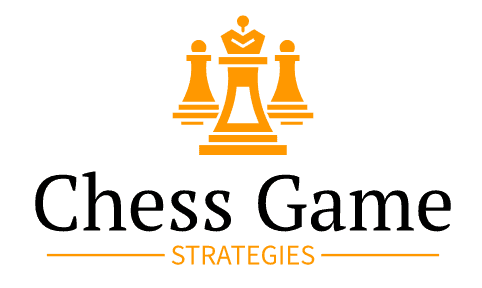
There are very few games that demand more thinking from players than chess. Actually, the game itself is known to be a thinking one more than anything else. That’s probably the reason why so many people think it’s so hard to play chess at a high level.
But what does thinking mean in chess?
Chess Thinking Process
What Is To Think In Chess?
There are various questions chess players should be asking before almost every move. Some of them mean to anticipate an opponent’s move, some others to maintain a broader view of the game, and others to allow a player to enforce the desired strategy. And those are just some of the questions.
Disregarding the playing style, players should ask themselves at least four questions during the match: What do I want to do? What possible moves can I make? What forcing moves, can my opponent do? What is my opponent’s plan?
These questions are normally asked automatically inside chess players’ minds and lead to a higher level of control over the match. While that may sound a bit demanding for less experienced players, it becomes more natural as you develop your game.
So, if you find yourself not asking any questions during a chess match, you should either be playing a too-weak opponent or not developing your game as you could be.
What Questions Should I Be Asking Myself, Then?
The four questions posed in the last section should help you level your game as they are somewhat basic and refer to more plain aspects. Apart from those, there are five other questions that should help you maintain focus on more overall aspects of the game:
- What possible moves can I make that will improve my position?
- What is the best possible countermove my opponent can make?
- How did my opponent’s move change the position?
- What changes will I possibly have to make to keep my plan going?
- What negative or positive imbalances are there at that moment?
Looking deeper into the questions, you can see how they refer to more specific aspects of the game. The first question seeks to make your stance stronger.
The second question aims at reacting to your opponent’s intelligence at an even higher level. The third question prevents you from losing ‘forgotten’ pieces and seeing the board as a whole.
The fourth question helps you design more malleable combinations that will help you exercise your game plan. The fifth question allows you to access the current stage of the game and, with a certain amount of experience, even foresee your opponent’s next moves.
In the end, thinking in chess is about a combination of questions that should keep you aware of the most important aspects of the game. It may be difficult to ask all of them at every stage of the game without taking too long to play.
However, with time and practice, your brain should skip the question and lead you directly to the answers.


